FILAMSPEAK: Is Jose Cuisia an absentee ambassador?
By Cristina DC Pastor & Maricar CP HamptonA Philippine columnist made a most startling accusation: Ambassador Jose Cuisia is a part-time ambassador! That he sits on the board of nine Philippine companies and that he is often “absent in (his) job making money in the Philippines.”
We sought comments from the Philippine Embassy and the Filipino community of Metro D.C.
Embassy spokesman Elmer Cato dismissed Rigoberto Tiglao’s essay at the Manila Times calling it a “demolition job.” He denied any “conflict of interest” and said that Cuisia, a corporate executive before he joined the government, “has the authority to occupy those corporate seats.”
Cato referenced a response the embassy made to the Times: It says: “Ambassador Cuisia made only three trips to the Philippines in 2011, three in 2012 and four in 2013 since his assumption as the country’s top diplomat in the U.S….As far as his corporate responsibilities are concerned, you may wish to know that Ambassador Cuisia does not have to be physically present in Manila to be able to participate in board meetings there. He takes part in these meetings via video or teleconferencing from his residence during his private time, before or after office hours.”
The Philippines has a law called the “Code of Conduct and Ethical Standards for Public Officials and Employees” that provides guidance over what public official can and cannot do. Here’s what Section 7 of Republic Act 6713 says:
“Public officials shall not “own, control, manage or accept employment as officer, employee, consultant, counsel, broker, agent, trustee or nominee in any private enterprise,” and shall not “engage in the private practice of their profession unless authorized by the Constitution or law, provided, that such practice will not conflict or tend to conflict with their official functions.”
We turned to the Filipino community in D.C. for their thoughts.
Mya Lagman Talavera Grossman
Realtor
I don’t claim to have knowledge about this but if in fact true, I agree that there is a real conflict.
Mitzi Pickard
Board member, Asia America Initiative
As a proud Filipino American, and one who has worked with Ambassador Cuisia professionally, I can vouch that the ambassador is not a part-time ambassador at all.
Ambassador Cuisia is one of the most diligent and dedicated, full-time emissaries and consummate diplomats I’ve ever worked with. His commitment towards the advancement of Philippine-U.S. relations is evident through his efforts in working tirelessly with the Obama Administration/White House, Congress/Hill, State Dept., Defense Dept., USAID, Millennium Challenge Corporation, etc. on integral issues re: Philippines-U.S. relations. Moreover, under the able aegis of Ambassador Cuisia, the highly-regarded U.S.-Philippines Society was established 1 1/2 years ago.
In the mere 2 1/2 years that Ambassador Cuisia has served as the highest-ranking Philippine official in the U.S., he has hit the ground running and effectively elevated the profile of the Philippines in Washington D.C. and the U.S.
Alma Conty
Retired World Bank officer
I had always thought and agreed that political appointees are required to temporarily give up the leadership of their business interests when they agree to high level and equally highly visible) positions such as an ambassadorship. When Alfonso T. Yuchengco became ambassador to Japan, I know that he had the group headed by Cesar Virata take care of his group of companies.
This (column) seems to suggest that this current ambassador to the U.S. “added” to his business involvement by agreeing to be part of private companies? Are these companies benefitting from bilateral agreements with the U.S. as private sector counterparts on any bilateral projects signed with the U.S.? This is highly disturbing as personal enrichment is an obvious motivation.
My work experience and understanding of U.S. government loans, grants and grant-like transactions, there is always a private component involved in implementation of such agreements, from both countries. This reads very much like insider trading, a Napoles-like scheme to benefit the private companies where he holds positions therein.
It is now clearer in my mind why in the more than 40-some years in the area, the leadership of the embassy is nowhere to be felt, heard and seen — positively or even negatively — through announcements, community newspapers, social network news, etc. At the very least, (in my expectations) national disaster relief initiatives should emanate from the embassy — to mobilize the various community organizations into action, to provide one venue or issuance of guidelines for sending help, to develop a unified manner of effective and sure way of sending support. However this has been missing in this present leadership in the embassy, unless only a selected few get to hear from this embassy where the U.S. seat of government also resides?
Rafael Diokno
President, Kamayan Media
Ambassador Cuisia has represented the country and the administration with great presence and character during his time at this position. As I have taken on a more active role in joining fellow ‘kababayan’ in continuing to build our community here in the Washington, DC area, I have been most appreciative of the support from Ambassador Cuisia and the Philippine Embassy.
The work I have been involved with has been focused on connecting young FilAm professionals and college students with the greater FilAm/APA communities. And it is with Ambassador Cuisia’s foresight and commitment to reach out and engage with young FilAms, that much progress has been made in informing and educating our community and friends of our community, of the advancements the Philippines has made and will continue to make for years to come.
He has supported a Fil-Am Youth Forum which provided personal insights from Fil-Ams who have recently visited the Philippines, a Fil-Am Community Fair to connect local Fil-Am college students with community organizations; he started the Filipino American Youth Leadership Program and an annual event with local Fil-Am college students to empower them in becoming future leaders. These are just a few examples of the impact Ambassador Cuisia has made in helping raise the profile of young Filipinos and Filipino-Americans so that they can be empowered to contribute in the future.

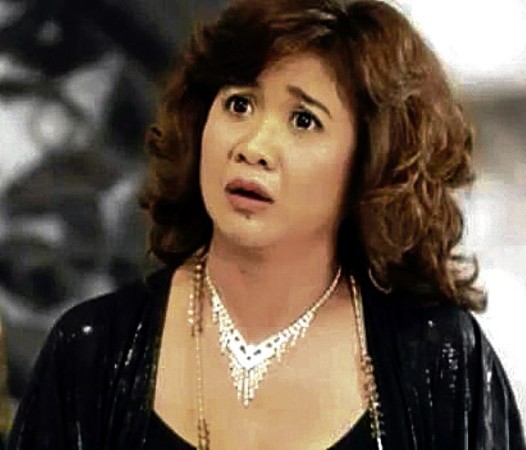

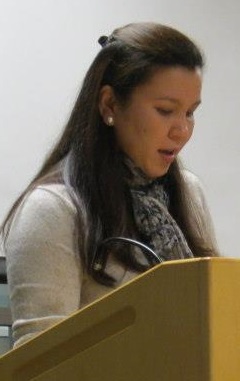



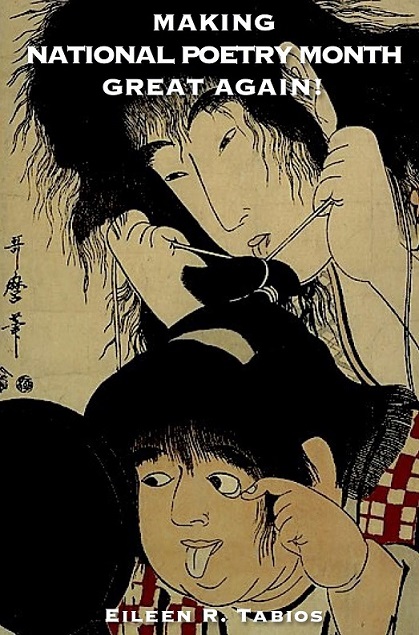
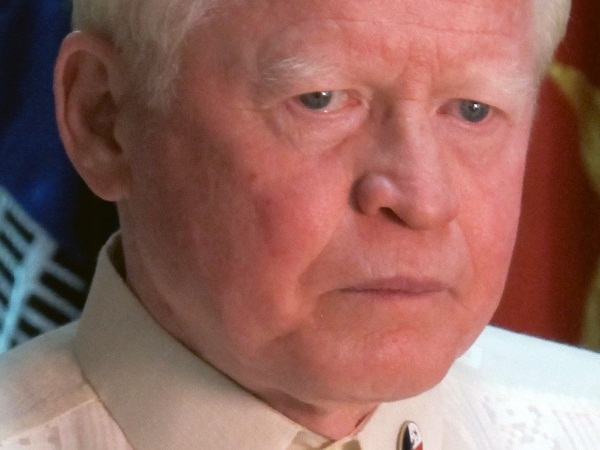
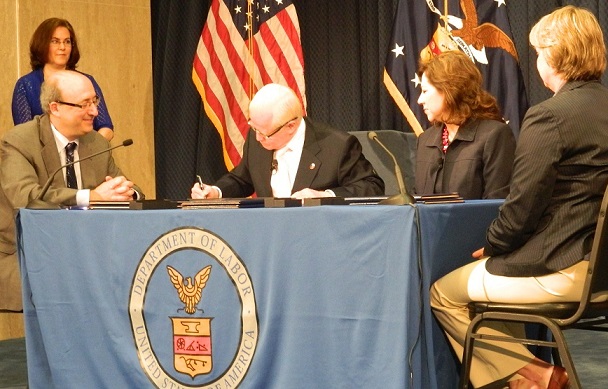

At least he gave up his US Passport (or so he says) when he became Ambassador. He is still legally a US Citizen and can reacquire a US Passport once he is no longer Ambassador.